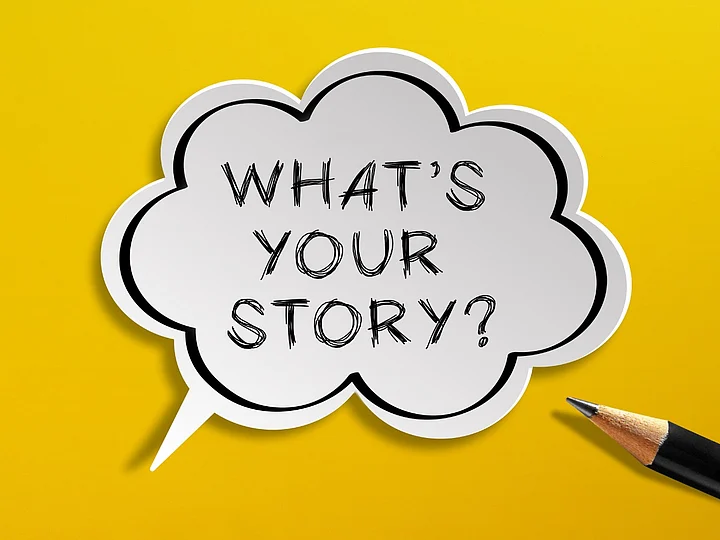World Storytelling Day is observed on 20 March every year. The day is dedicated to the art of storytelling and its role in preserving oral culture, history, and wisdom.
Storytelling is a powerful way to communicate and connect with people from different cultures. It can be used to share personal anecdotes or fantastical tales of faraway lands. Storytelling can also be a tool for promoting understanding and creativity. Let's know about the theme, history, significance and ways to celebrate World Story Telling Day 2024.
World Story Telling Day 2024: Theme
The World Storytelling Day theme for 2024 will be 'Building Bridges'.
How To Celebrate World Story Telling Day 2024?
There are many ways to celebrate World Storytelling Day. One way is to tell your own story. You can also attend an event in your local area that is dedicated to storytelling. The event might feature professional storytellers performing at libraries, bookstores, and museums.
Another way to celebrate the day is to write a story. You can also read a classic story such as Homer's Odyssey or The Iliad.
World Story Telling Day: History
The history of storytelling dates back to the Stone Age. Cave paintings, drawings, and messages have become a source of information, serving as remnants of ancient knowledge that educate us about the past. The stories found on cave walls were reiterated every time people saw them, and as the art form of storytelling grew, populations expanded, and people began moving across borders, carrying their experiences in stories passed down from generation to generation.
World Story Telling Day 2024: Significance
World Storytelling Day is an opportunity to recognize the importance of storytelling and its role in shaping society. It is also a reminder of the power of words and the importance of listening to diverse perspectives.
By celebrating World Storytelling Day, we can promote understanding and creativity, and help to preserve oral culture and wisdom for future generations.
(Disclaimer: Parts of this article were generated by AI and published after the content was editorially modified and verified by a human based on their own judgement and expertise. The Quint does not publish AI-generated content without direct human involvement and oversight)
(At The Quint, we question everything. Play an active role in shaping our journalism by becoming a member today.)
